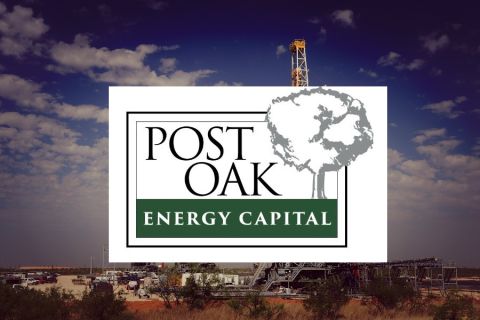When it comes to delays of its ambitious pipeline projects, TransCanada Corp. can’t catch a break.
The Calgary, Alberta-based company is best known in the U.S. for its much-delayed Keystone XL Pipeline. However, TransCanada recently announced it would alter another major planned undertaking—the Energy East Pipeline project across Canada—due to environmental concerns over the beluga whale population in the Saint Lawrence Estuary, near Energy East’s planned marine and associated tank terminals at Cacouna, Québec.
The Energy East project is a planned crude oil pipeline of about 2,860 miles from Alberta and Saskatchewan to refineries in eastern Canada, with a transport capacity of 1.1 million barrels per day. The project will involve conversion of an existing natural gas pipeline for oil transport and construction of new pipelines in Alberta, Saskatchewan, Manitoba, Eastern Ontario, Québec and New Brunswick to link up with the converted pipe.
In November, the Committee on the Status of Endangered Wildlife in Canada recommended the beluga whales in the estuary be reclassified as an endangered species, at which point TransCanada immediately halted its work at Cacouna. In April, the company announced it would officially not build the planned terminal and tanks at Cacouna—not over any outside pressure from environmentalist groups, but as part of its commitment to environmental stewardship and community safety.
“We want Canadians to know that we have and will continue to listen,” said President and CEO Russ Girling. “Our goal has always been to strike a balance between TransCanada’s commitment to minimizing environmental impacts and the imperative to build modern infrastructure to transport the crude oil Canadians need and consume every day—and that is what we plan to do.”
In a statement, the company said it would review alternative terminal locations in Québec and amend its application with Canada’s National Energy Board by the fourth quarter. The adjustment will likely result in an in-service delay until 2020.
Recommended Reading
Patterson-UTI Braces for Activity ‘Pause’ After E&P Consolidations
2024-02-19 - Patterson-UTI saw net income rebound from 2022 and CEO Andy Hendricks says the company is well positioned following a wave of E&P consolidations that may slow activity.
Permian E&P Midway Energy Partners Secures Backing from Post Oak
2024-02-09 - Midway Energy Partners will look to acquire and exploit opportunities in the Permian Basin with backing from Post Oak Energy Capital.
NGL Energy Partners Announces Cash Distribution
2024-02-08 - Payments to holders of NGL Energy Partners’ Class B and C preferred units will be made Feb. 27.
Magnolia Appoints David Khani to Board
2024-02-08 - David Khani’s appointment to Magnolia Oil & Gas’ board as an independent director brings the board’s size to eight members.
Murphy Oil Names Eric Hambly as President, COO
2024-02-08 - Murphy Oil has promoted Eric M. Hambly to president and COO and E. Ted Botner to executive vice president. Both will continue to report to CEO Roger W. Jenkins.





